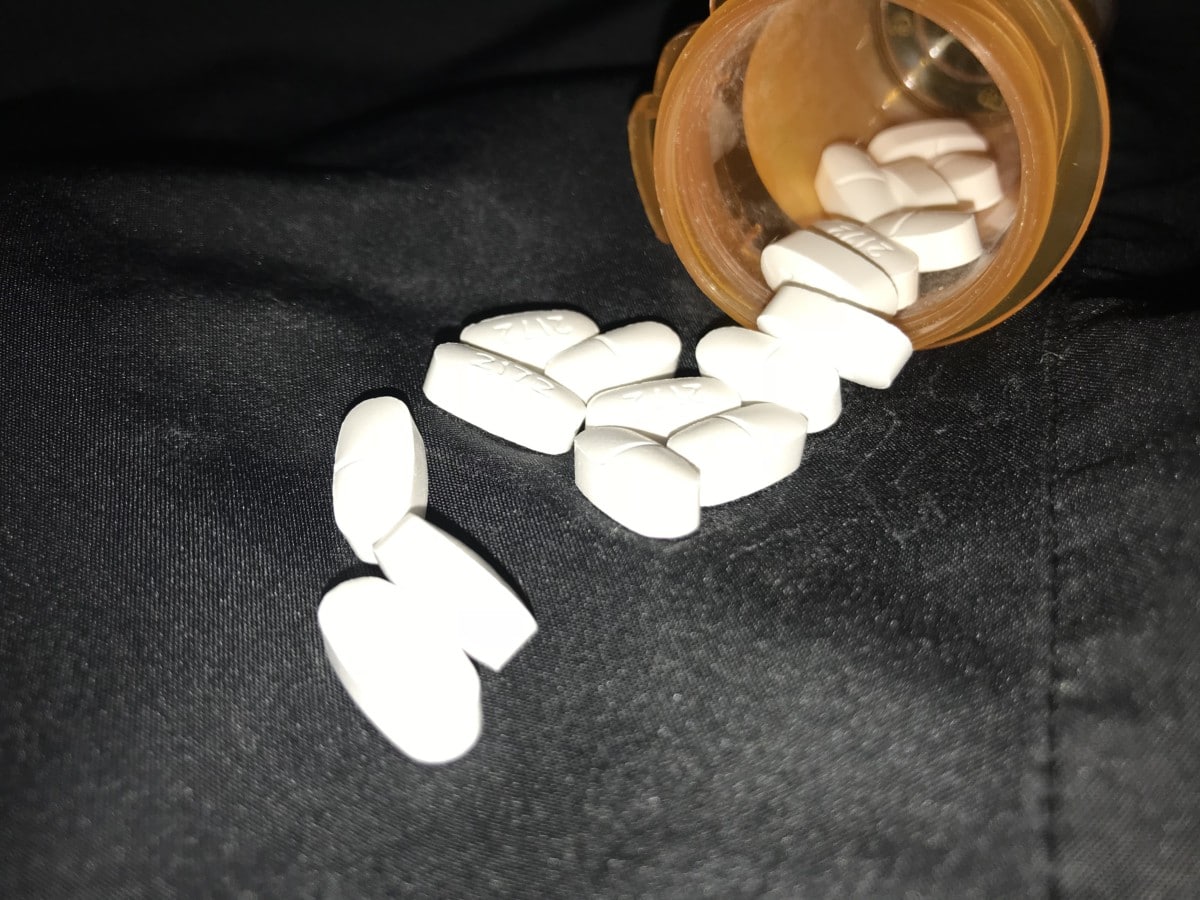As the opioid epidemic continues, a potentially lifesaving drug has been made available to Mississippi pharmacies.
Naloxone, a narcotic blocker, has been proven to reverse the effects on an overdose, and it can now be purchased without a prescription from pharmacies across the state thanks to a standing order issued by Mississippi State Health Officer Dr. Mary Currier.
“Expansion of the availability and use of this drug could greatly reduce drug overdose deaths and save lives,” said Dr. Currier. “It’s important that Mississippians – any family member, friend or other [any] person in a position to help someone suffering from an opioid overdose – are aware of the availability of this drug and know how to administer it if the need arises.”
Along with the rest of the country, Mississippi has seen a significant increase in the number of opioid overdose deaths in the last several years. With 172 in 2016 compared with 76 in 2011, Mississippi has seen an increase of more than 125 percent. In that same five-year time span, more than 700 opioid overdose deaths were reported in Mississippi.
During an overdose, this drug blocks the brain’s opioid receptors and restores normal breathing in people who have overdosed on fentanyl, heroin, or prescription opioid painkillers. Naloxone’s temporary blocking effect allows time for professional medical attention to be sought.
U.S. Surgeon General Dr. Jerome Adams was recently in Mississippi to speak at UMMC and serve on a panel discussing the opioid epidemic. During his time in Mississippi, he spoke about the importance of naloxone and how imperative it is to have it accessible to everyone. Usage of the drug is simple, and it comes in two forms. One form is a needle, similar to an EpiPen, and the other is a nasal spray. During a demonstration, Dr. Adams showed the crowd and Governor Bryant how to use the life-saving drug on an overdose victim.
“That’s how easy it is for anyone to actually save a life,” Adams said after the demonstration.
Similarly to the MSDH, Dr. Adams stated that paramedics should still be called after the use of naloxone, as further medical treatment is often required.
Governor Bryant stated that his motorcade will begin carrying naloxone in order to assist anyone that they may come across during his travels across the state.
Frank Gammill, executive director of the Mississippi Board of Pharmacy says that his staff will begin reaching out to pharmacies with specifics regarding the standing order. Efforts to inform and educate the public will also continue.
“We applaud Dr. Currier’s wisdom in offering another tool in our battle against opioid abuse and overdose deaths,” Gammill said. “I am confident this will save lives. I challenge all pharmacies in Mississippi to participate in this standing order and offer this life-saving medication to their communities.”
The news release from the MSDH noted that you should know how to use naloxone and have it within reach if you are a patient currently taking high doses of opioids prescribed for pain, someone misusing prescription opioids, someone who uses illicit opioids such as heroin or fentanyl, or if you live with or are often in the presence of people with an opioid use disorder.
It should go noted that naloxone has no effect on someone not using opioid drugs.




